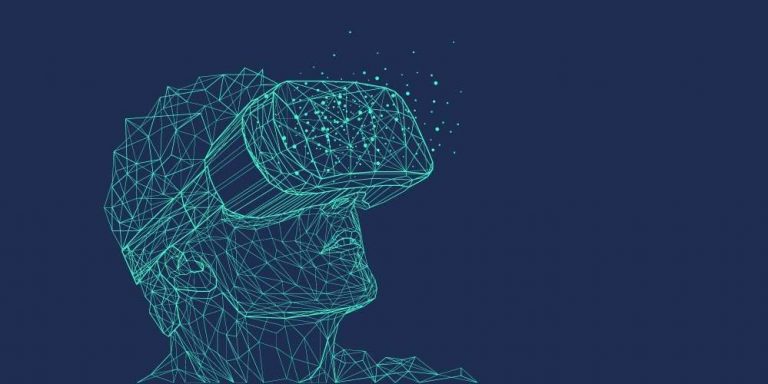Have you ever wondered what makes some HR professionals stand out in their field? In a fast-changing workplace, HR roles have evolved beyond hiring and payroll management. They now involve shaping company culture, ensuring compliance, and managing employee development. This shift means HR professionals need a well-rounded skill set to navigate challenges and seize opportunities.
In this blog, we will share the top skills every HR professional should develop to excel in their career.
1. Effective Communication Skills
Clear communication is at the heart of every successful HR professional’s role. Whether you’re writing policies, explaining benefits, or mediating conflicts, you need to share information in a way that others can understand and act upon. Employees and managers rely on HR for clarity, so knowing how to listen actively and respond thoughtfully is essential.
Besides verbal and written communication, nonverbal cues also matter. Your tone, body language, and facial expressions all contribute to how your message is received. Strong communication builds trust, fosters collaboration, and helps create a positive work environment.
2. Strategic Thinking
HR professionals are no longer just handling day-to-day tasks. They are integral to an organization’s strategic goals. To thrive in this role, you need to think beyond immediate problems and focus on long-term objectives. For example, aligning workforce planning with business strategies ensures the company has the right people to meet future challenges.
Earning advanced qualifications, such as online MBA HR programs, can provide the tools and knowledge needed to develop strategic thinking. These programs teach HR professionals how to make decisions based on data, market trends, and organizational goals. This skill helps you anticipate changes, propose actionable solutions, and show your value as a strategic partner in the organization.
3. Adaptability
The business world is constantly changing, and HR professionals must keep up. New regulations, technological advances, and shifting workplace expectations require flexibility. The ability to adapt quickly allows HR professionals to implement new policies or tools effectively, ensuring their organization remains competitive.
Adaptability also involves embracing new ideas and perspectives. For example, managing a multigenerational workforce requires understanding each group’s unique needs and motivations. By staying open to change, you can address challenges and seize opportunities as they arise.
4. Emotional Intelligence
HR professionals work closely with people, making emotional intelligence a critical skill. This involves understanding and managing your emotions while also being aware of others’ feelings. It helps you navigate difficult conversations, resolve conflicts, and build stronger relationships with employees and leadership.
Empathy is a key component of emotional intelligence. When employees feel heard and supported, they are more engaged and productive. As an HR professional, showing genuine concern for their well-being fosters trust and reinforces your role as an advocate for the workforce.
5. Knowledge of Employment Laws
HR professionals must have a strong understanding of employment laws and regulations. This includes areas like labor laws, workplace safety, anti-discrimination policies, and employee rights. Compliance is crucial for protecting the organization from legal risks and maintaining a fair workplace.
Staying updated on legal changes is part of this responsibility. For example, new laws about remote work or data privacy might require adjustments to company policies. A solid grasp of employment laws ensures you can confidently address compliance issues and guide the organization through regulatory challenges.
6. Problem-Solving Abilities
Every workplace encounters challenges, from disputes between employees to gaps in training programs. HR professionals need strong problem-solving skills to identify issues, analyze root causes, and implement practical solutions. The ability to approach problems with a calm and logical mindset is vital.
Problem-solving often requires collaboration. Working with managers and employees to gather input and develop effective solutions strengthens teamwork. This approach not only resolves issues but also builds a culture of shared responsibility and accountability.
7. Data-Driven Decision-Making
In today’s HR landscape, data plays a significant role in decision-making. Metrics like employee turnover, engagement levels, and performance trends provide valuable insights into workforce dynamics. Analyzing this data helps HR professionals identify patterns, predict outcomes, and make informed decisions.
For example, data can reveal why employees are leaving a company or highlight training needs within a team. By using analytics, HR professionals can develop targeted strategies that address issues and improve organizational performance. Understanding data and its applications is a must-have skill for modern HR roles.
8. Leadership and Influence
HR professionals often lead initiatives that impact the entire organization, such as diversity programs, training sessions, or policy changes. To succeed, you need strong leadership skills to inspire others and gain their support. Being a leader in HR means guiding teams, setting clear goals, and encouraging collaboration.
Influence is another key part of leadership. HR professionals often need to persuade stakeholders to adopt new policies or strategies. Building credibility and presenting clear, evidence-based arguments are essential for influencing decision-making at all levels of the organization.
In conclusion, developing these skills takes time and commitment, but they are essential for any HR professional aiming to succeed. From strategic thinking to emotional intelligence, these abilities help you navigate complex challenges and contribute meaningfully to your organization’s success. By focusing on growth and staying adaptable, you can build a rewarding career that positively impacts both employees and businesses.
Guest writer

























